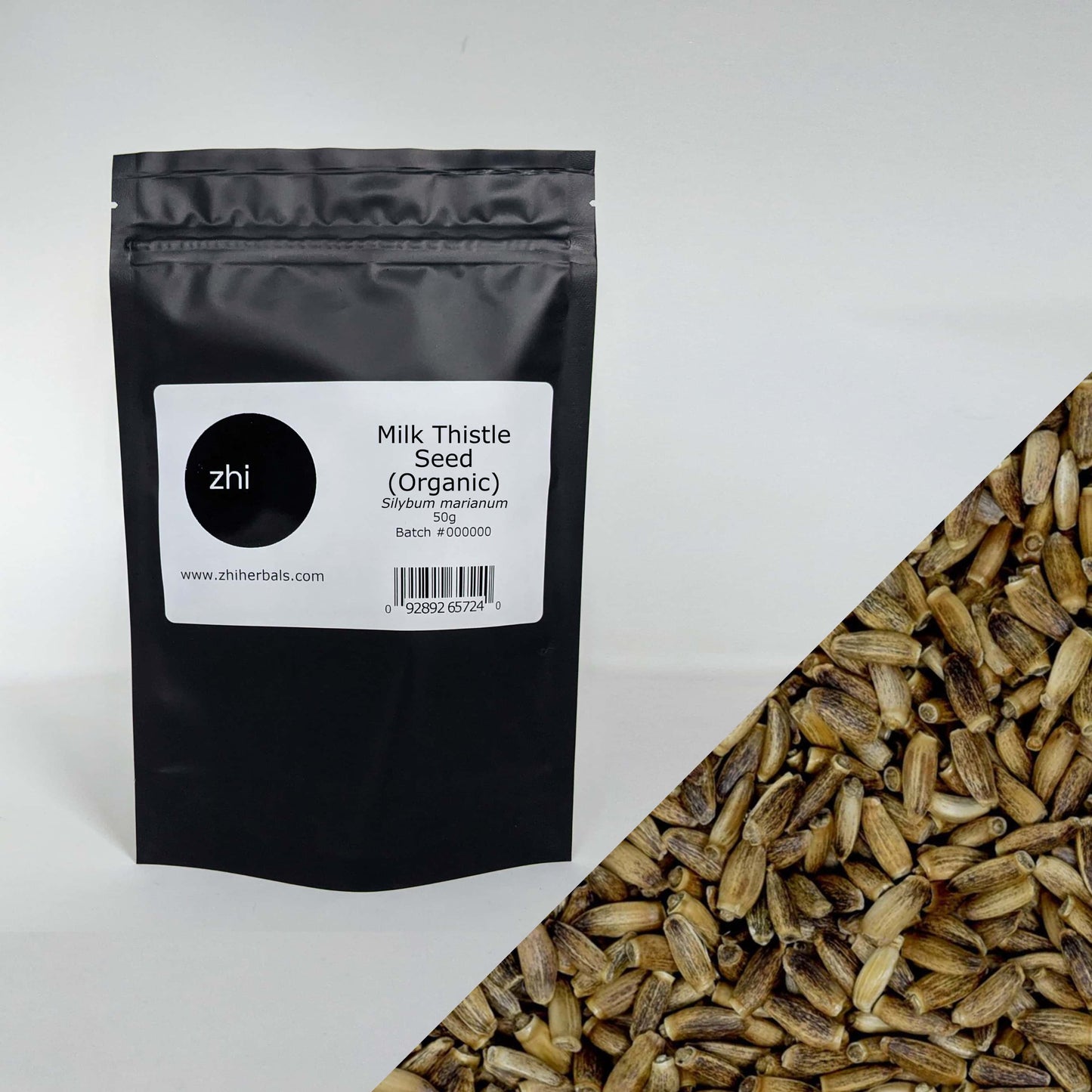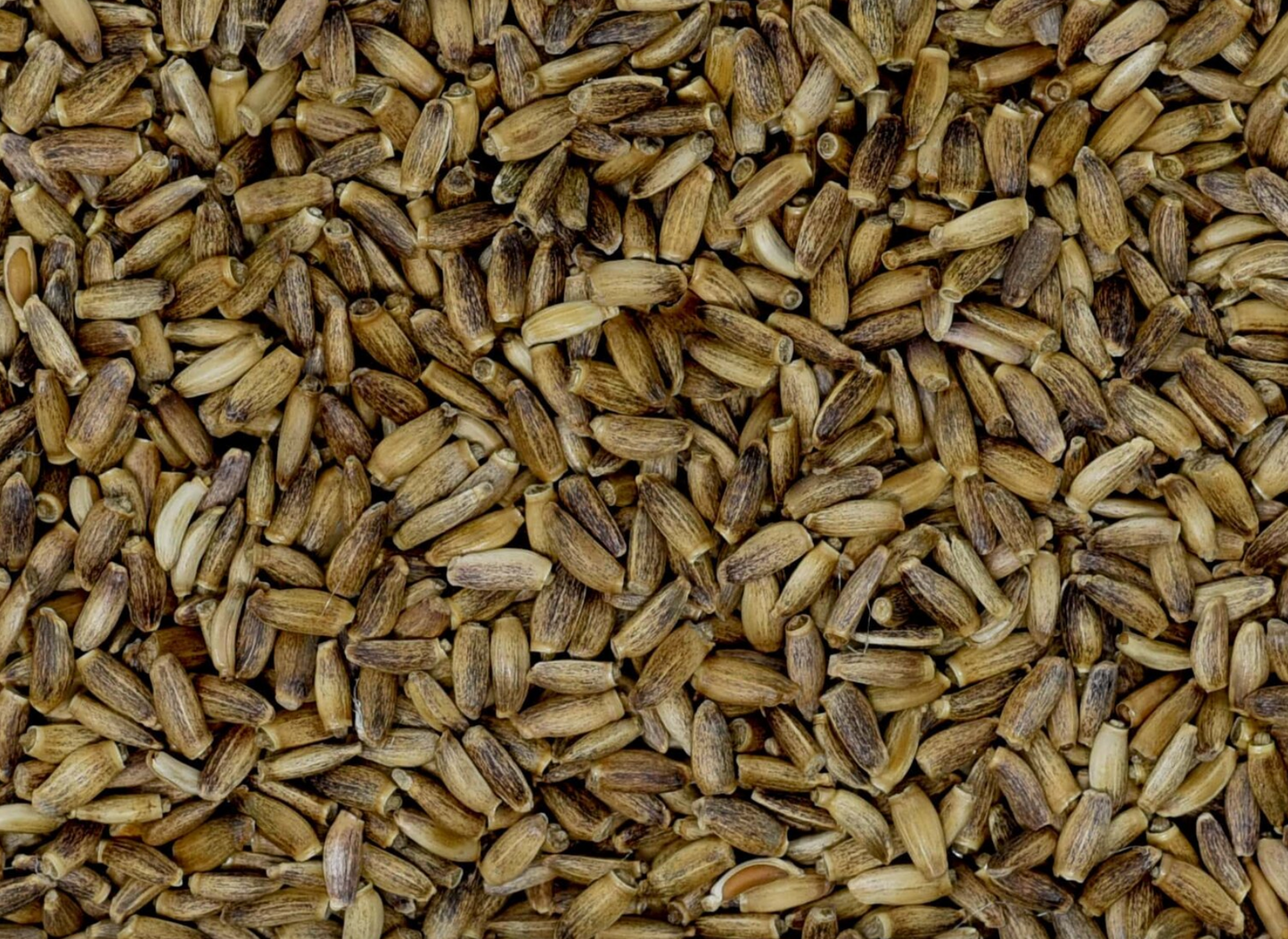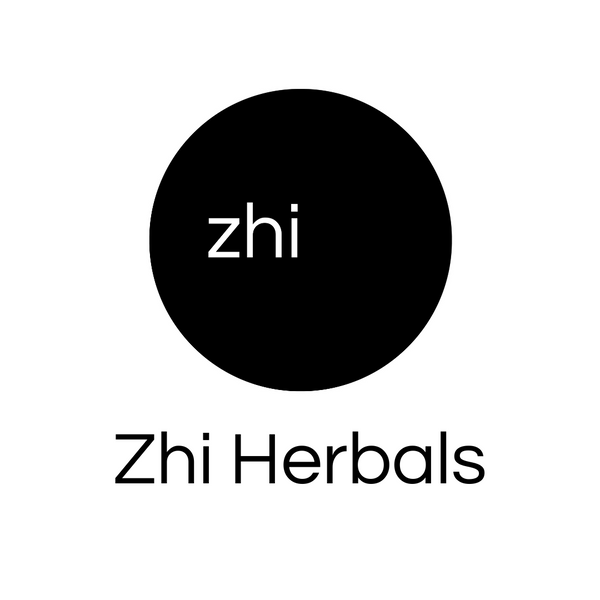Zhi Herbals
Milk Thistle Seed (Organic)
Milk Thistle Seed (Organic)
Couldn't load pickup availability
Common Name
Milk Thistle, Mary’s Thistle
Latin Name
Silybum marianum
Origin
Croatia
What Is Milk Thistle Seed?
Milk thistle is a medicinal plant that is native to Southern Europe and Asia, although it can be found growing all over the world. It is a bitter herb, and its seeds are used primarily for their detoxifying and restorative benefits for the liver.
How to Use Milk Thistle Seed (Common Uses)
Milk thistle seed can be taken internally as a tea, decoction, powder, capsules, or extract. It works well both on its own and when combined with other herbs. Roasted milk thistle seeds can be used as a coffee substitute.
Medicinal Uses and Benefits of Milk Thistle Seed
Milk thistle is detoxifying and protective for the liver. It is unique because although many herbs can help to cleanse the liver, milk thistle additionally helps to restore healthy liver cells. It can help to prevent toxins from being taken up by the liver.
One of the most well-known beneficial compounds in milk thistle, silymarin, is best absorbed when taken with lecithin or lecithin containing foods. On average, milk thistle seed contains approximately 1.5%-3% silymarin.
Milk thistle can help to increase bile production and is a useful digestive bitter. It may help to relieve nausea.
Milk thistle is a popular ingredient in herbal formulas designed to help lower cholesterol.
The leaves of the milk thistle plant have historically been used to enhance breast milk production, as well as to gently detoxify the liver and increase digestion.
In Europe, injections containing milk thistle may be given to those experiencing poisoning from Amanita (death cap) mushrooms.
Active Constituents in Milk Thistle Seed
Silymarin, silybin, silychristin, silydianin, isosilybin, flavonolignans, quercitin, taxifolin, eriodyctiol, chrysoeriol, volatile oil, mucilage.
Notable Facts About Milk Thistle Seed
Milk thistle is energetically cooling and drying.
It is associated with the Norse god Thor.
Milk thistle is considered a masculine herb and is associated with the planet Mars, and the astrological sign of Aries.
Share




